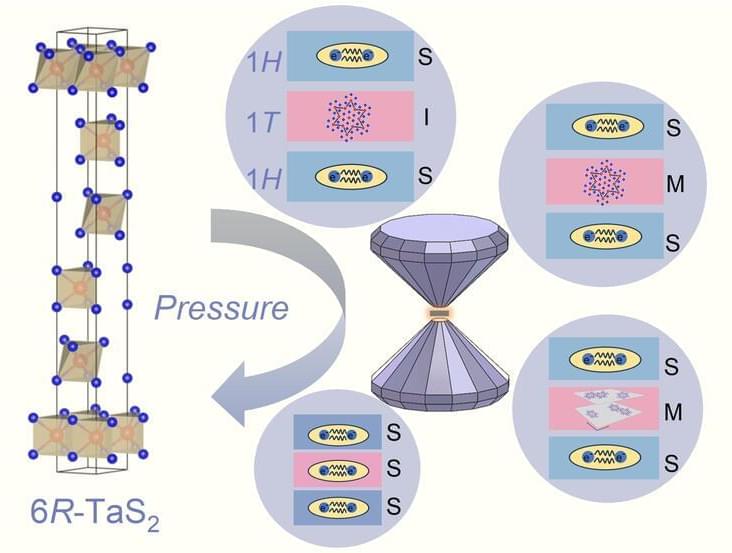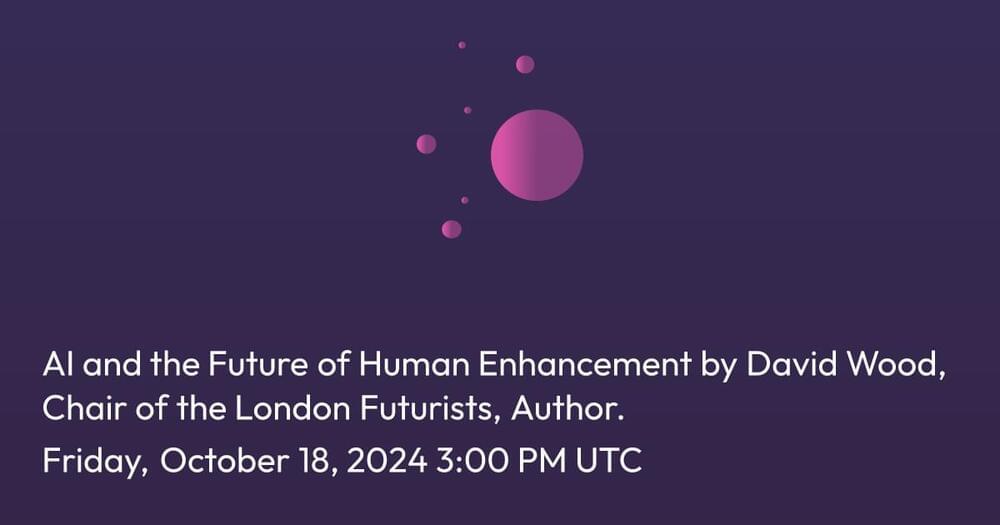How did life on Earth begin, and were the ingredients for life already on Earth or were they brought here from space? This is what a recent study published in Science Advances hopes to address as a team of researchers from Imperial College London and the University of Cambridge investigated how ancient meteorites could have deposited large amounts of zinc on Earth, resulting in the development of volatile elements to form the building blocks of life. This study holds the potential to help researchers better understand the conditions for life to have emerged on the Earth long ago, and potentially worlds throughout the solar system and beyond.
“One of the most fundamental questions on the origin of life is where the materials we need for life to evolve came from,” said Dr. Rayssa Martins, who is a postdoctoral research associate at the University of Cambridge and lead author of the study. “If we can understand how these materials came to be on Earth, it might give us clues to how life originated here, and how it might emerge elsewhere.”
For the study, the researchers analyzed zinc obtained from several meteorites to ascertain how the Earth got its zinc during its formation, which is estimated to have lasted tens of millions of years. In the end, the researchers estimate that while “melted” planetesimals contributed to approximately 70 percent of the Earth’s overall mass, they only contributed approximately 10 percent of the Earth’s zinc, which came from “unmelted” planetesimals. As noted, zinc contains volatile elements, which include oxygen, nitrogen, hydrogen, and carbon, or the essential building blocks of life as we know it. Along with helping researchers better understand how life formed and evolved on Earth, this could also lead to greater insight into how life might form and evolve on other worlds, as well.








